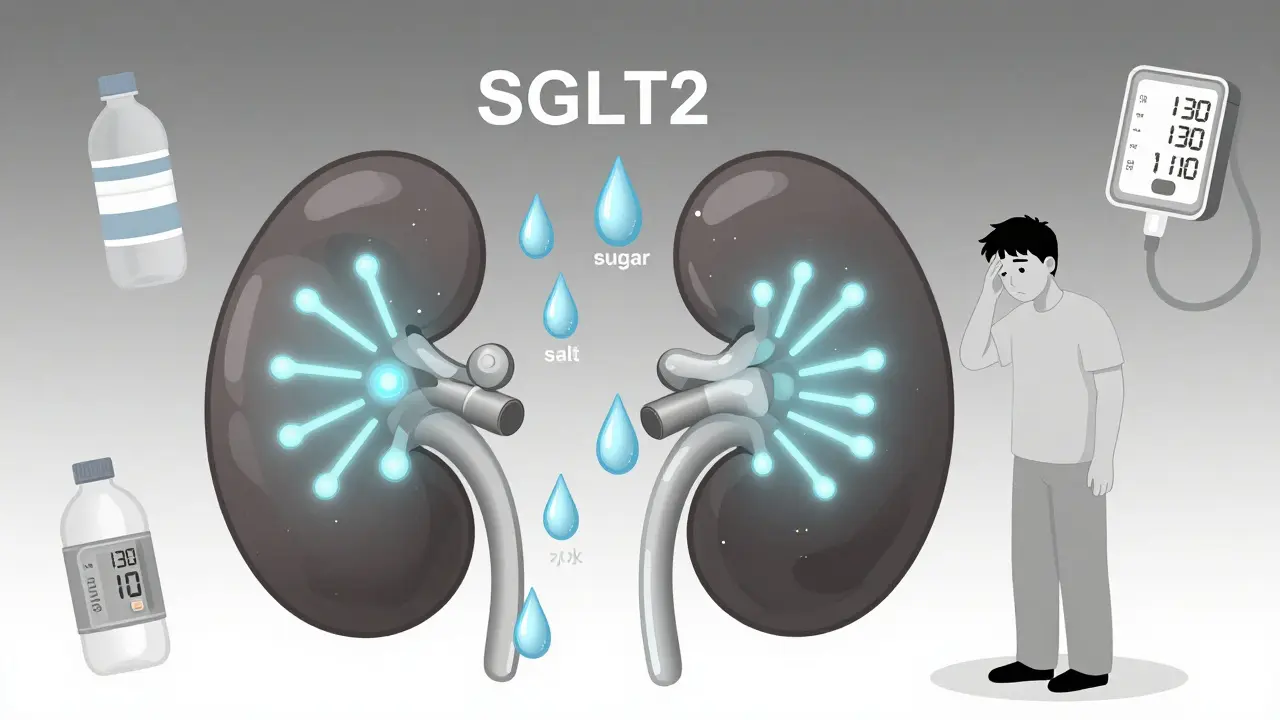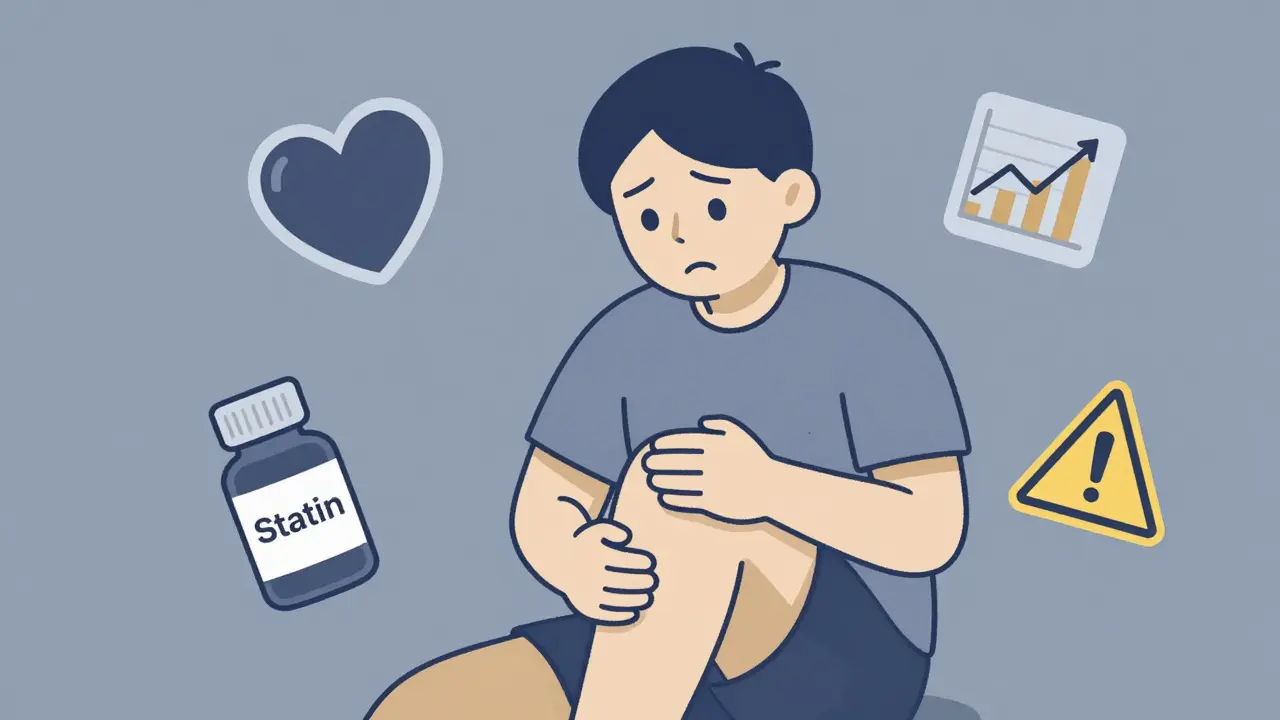Author: Clarissa Farnell
Why Generic Drug Prices Vary So Much by State
-
Written by Clarissa Farnell
22/ 02
Generic drug prices vary wildly by state due to hidden PBM markups, weak transparency laws, and uneven pharmacy competition. Paying cash often beats insurance. Here’s how to save money no matter where you live.
Rosacea: Managing Facial Flushing with Topical Antibiotic Treatment
-
Written by Clarissa Farnell
20/ 02
Rosacea causes persistent facial redness and flushing, often mistaken for acne or sensitivity. Topical antibiotics like metronidazole and ivermectin effectively reduce inflammatory bumps, but require patience and consistent use. Learn how they work, what to expect, and how to manage triggers.
Generic Drug Supply Chain: How Medicines Reach Pharmacies
-
Written by Clarissa Farnell
18/ 02
Discover how generic drugs travel from factories in India and China to your local pharmacy, and why the system that keeps them cheap is also dangerously fragile. Learn about API sourcing, MAC pricing, PBMs, and why shortages happen.
Post-Transplant Infections: How to Prevent, Vaccinate, and Monitor After Kidney Transplant
-
Written by Clarissa Farnell
15/ 02
After a kidney transplant, infections are the top threat-but they’re preventable. Learn how vaccines, daily habits, and monitoring protect your new organ from deadly germs like CMV, fungi, and drug-resistant bacteria.
Patient Education Materials from Pharmacists: What to Ask For
-
Written by Clarissa Farnell
13/ 02
Pharmacists are trained to give clear, personalized medication education - but you need to ask for it. Learn exactly what materials to request to improve adherence, avoid errors, and save money on prescriptions.
SGLT2 Inhibitor Side Effects: Dehydration, Dizziness, and Blood Pressure Changes Explained
-
Written by Clarissa Farnell
11/ 02
SGLT2 inhibitors for diabetes can cause dehydration, dizziness, and blood pressure drops due to their diuretic effects. Learn how these side effects happen, who’s at risk, and how to manage them safely.
Motion Sickness Medications: Scopolamine and Sedative Interactions
-
Written by Clarissa Farnell
8/ 02
Scopolamine patches are highly effective for motion sickness but carry serious risks when mixed with alcohol, sleep aids, or CBD. Learn how to use them safely and what to avoid.
Hyperpigmentation: Melasma vs Sun Damage and What Topical Treatments Actually Work
-
Written by Clarissa Farnell
7/ 02
Melasma and sun damage look alike but need completely different treatments. Learn what causes each, which topical agents actually work, why sunscreen matters more than you think, and how to avoid common mistakes that make dark spots worse.
How to Clear Airport Security with Liquid Medications: A Complete 2026 Guide
-
Written by Clarissa Farnell
6/ 02
Learn how to navigate airport security with liquid medications in 2026. TSA rules exempt prescription meds from standard liquid limits, but proper declaration and packing are key. Avoid common mistakes like unlabeled containers and know what to expect during screening. This guide covers all steps for smooth security checks.
Muscle Aches from Statins: What Really Happens and What to Do
-
Written by Clarissa Farnell
3/ 02
Muscle pain from statins is common, but often not caused by the drug. Learn how to tell if it's real, what to do next, and how to stay protected without quitting your medication.
Pediatric Sleep Apnea: Tonsils, Adenoids, and CPAP Explained
-
Written by Clarissa Farnell
2/ 02
Pediatric sleep apnea is often caused by enlarged tonsils and adenoids, blocking a child's airway during sleep. Adenotonsillectomy is the first-line treatment, but CPAP is used when surgery isn't enough. Learn how these treatments work, who needs them, and what comes next.
Patient Safety Goals in Medication Dispensing and Pharmacy Practice: What Every Pharmacist Needs to Know in 2026
-
Written by Clarissa Farnell
1/ 02
Learn the critical patient safety goals for medication dispensing in 2026, including Joint Commission NPSGs, high-alert medication risks, barcode scanning challenges, and how pharmacy teams can prevent deadly errors.











